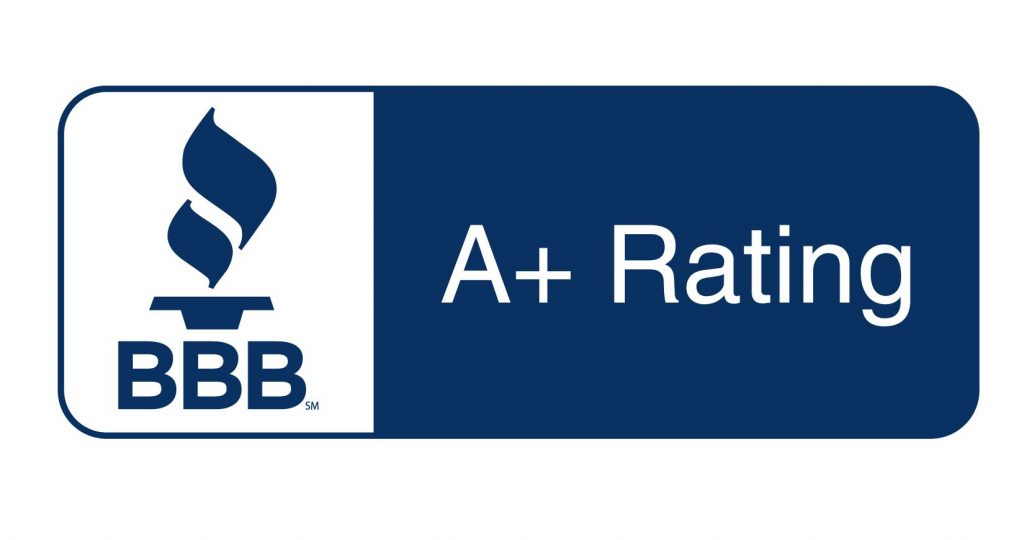Medicare Advantage CSNP Plan – Medicare Advantage (MA) plans are divided into several different types based on how the plan works, network usage, and who is eligible to enroll. Special Needs Plans (SNPs) are one type of MA plan reserved for limited groups of beneficiaries. A CSNP plan limits eligibility to those with chronic conditions.
What Is a Special Needs Plan?
SNPs are one subset of Medicare Advantage plans. There are three kinds of SNP plans:
- I-SNP: for individuals living in an institution
- DE-SNP: for individuals who are “dual-eligible” for Medicare and Medicaid
- C-SNP: for individuals with certain chronic conditions
Special Needs Plans tailor their benefits to the groups of people they serve. They’ll offer coverage for all other services typically covered by other Medicare Advantage plans but also include extra benefits for their members.
In addition, some plans include the help of a care coordinator who makes sure beneficiaries get the care they need. For example, if you’re enrolled in a DE-SNP, a care coordinator might make sure you know how to access community resources and coordinate services from Medicare and Medicaid.

How CSNP Plans Work
There are a number of ways you can qualify for a CSNP plan. Generally speaking, you must have at least one of the following conditions:
- Autoimmune disorders
- Cancer
- Cardiovascular disorders
- Chronic alcohol and other dependence
- Chronic heart failure (CHF)
- Chronic lung disorders
- Chronic and disabling mental health conditions
- Dementia
- Diabetes mellitus
- End-stage liver disease
- End-Stage Renal Disease (ESRD) requiring dialysis
- HIV/AIDS
- Neurologic disorders
- Severe hematologic disorders
- Stroke
The Centers for Disease Control and Prevention (CDC) defines a chronic condition as one that lasts for one or more years and requires ongoing medical attention or limits a person’s activities of daily living (ADLs).
A CSNP will ensure you get the care you need to treat your condition. For example, if you are enrolled due to a cardiovascular disorder, your CSNP plan will include providers that specialize in your condition and will offer coverage for prescription drugs you’re likely to be taking. Since individuals with chronic conditions often spend more time in the hospital, these plans usually have more benefits for hospital stays. Every C-SNP plan must include prescription drug coverage.
Some C-SNP plans use an HMO (Health Maintenance Organization) network, while others use a PPO (Preferred Provider Organization) network. If you are enrolled in an HMO plan, be sure to get your care from a contracted provider to reduce your out-of-pocket expenses. Generally, C-SNP plans give their members more freedom to choose providers than other kinds of Medicare Advantage plans.
As we mentioned earlier, you’ll also have access to a care coordinator. For a diabetic person, a care coordinator might help monitor blood sugar, maintain a proper diet, recommend exercise programs, and schedule preventive services.
Premiums and cost-sharing amounts will vary by plan, though many carriers offer a $0 C-SNP plan.
CSNP Enrollment Periods
To enroll in a Medicare Advantage CSNP plan, you must be enrolled in Parts A and B of Original Medicare. In addition, a CSNP plan must be offered in your zip code. Not every zip code has access to Special Needs Plans. Even if one is available, many insurance carriers limit enrollment to certain conditions. For example, a CSNP plan may only be offered to those with diabetes or chronic lung disorders.
When you apply for a CSNP, your doctor will need to verify your diagnosis. Most carriers give you a verification form that must be completed by your physician and then submitted back to the carrier. Failure to verify your condition will result in disenrollment from the plan.
Special Needs Plans also have unique enrollment periods. You can enroll in a C-SNP at any time if you have a chronic condition. If your condition is cured, you’ll be permitted a Special Enrollment Period (SEP) that will allow you to move to a different MA plan.
If you’d like to learn more about Special Needs Plans or find out if you qualify for a C-SNP, call the Medicare advisors at Carolina Senior Benefits. We’ll ask you a few questions to find out if you’re eligible to apply and then help you decide which plan is best for you. Call today to speak with one of our independent agents about your Medicare options!





